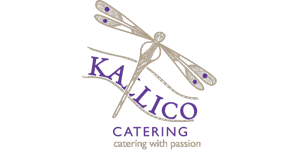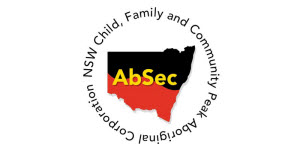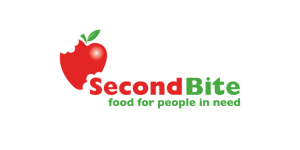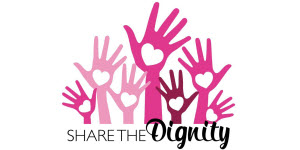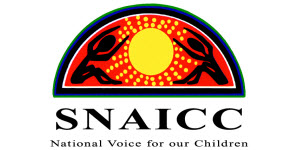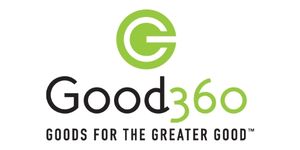When a young person in kinship or foster care reaches the age of 18, they are technically leaving the care system.
Narang Bir-rong’s holistic approach to caring for our young people is about empowering them, so our Leaving and Aftercare Program works to support our young people during their transition to independence.
The young person may decide they want to remain living with their current carers (be that family or a foster carer), reconnect with their parents, or live independently (or a combination of these).
The great thing is it is now their choice and they are transitioning to independence.
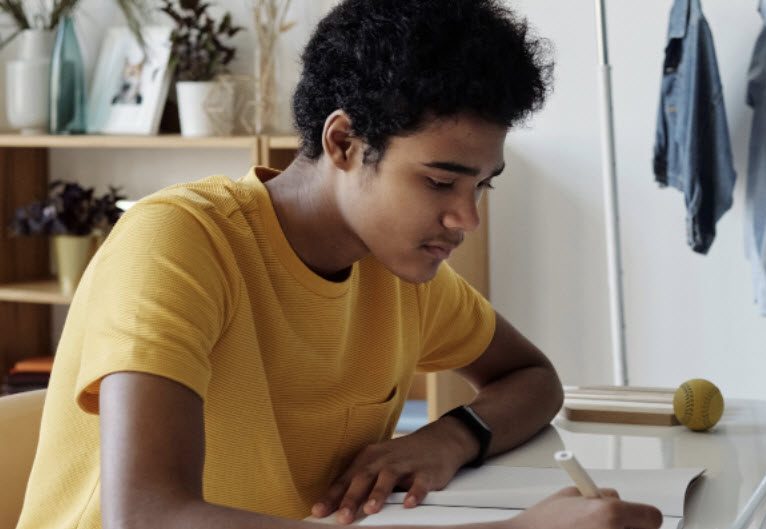
Narang Bir-rong’s Leaving and Aftercare Program
Because this is a big decision to make, our program involves working with young people to develop a plan for their transition.
The team at Narang Bir-rong will work with them to establish goals based on their aspirations and find ways to assist them in achieving these goals.
By working with them to prepare a skills checklist and plan of action, we can see what areas need particular focus and incorporate tasks and checklists to help them stay on track.
The goal for young people when case planning is to help them establish and develop the skills that will allow them to be independent people.

We connect each Narang Bir-rong young person 16 years+ with Narang Bir-rong’s Programs Assistant who helps them take the steps to set up their Leaving Care Plan and participate in further training to give them the skills they will need to thrive as an adult.
Narang Bir-rong’s Aftercare Program supports care leavers from the time they reach 18 until they are 24. These young people will remain connected to Narang Bir-rong’s Program Assistant, who helps them enact the goals in their Leaving Care Plans.
What does the program include?
At Narang Bir-rong, our mission is to provide physically, culturally and spiritually stable homes for Aboriginal and Torres Strait Islander children, young people and their families. This mission does not stop when young people leave care.
Our Leaving and Aftercare Program helps these young people meet their social, emotional and behavioural needs through assistance that supports their wellbeing, connection to family and culture, self-awareness, life skills and empowerment.
Wellbeing
- Assistance in navigating health pathways
- Assistance with health appointments/referrals and advocacy
- Dental
- Psychology
- Optical
- Assistance with emotional and behavioural functioning
Connection
- Advocacy and support in navigating relationships, family contact and connection
- Connection to support services
- Referrals to Leaving Care Program services: e.g. TILA, DCJ, VOC and ARC
Self-awareness
- Services that promote identity, self-esteem and healthy relationships
- Access to contraception
- Assistance in developing social skills
- Knowledge about their rights
Culture
- Connection to Elders
- Enact CCP
- Information about their family tree
- Confirmation of Aboriginality
Life Skills
- Leaving Care Program Checklist
- Assistance in developing skills such as cooking and cleaning
- Financial assistance such as budgeting, TFN and banking
- Assistance in finding and maintaining housing
- Parenting programs
- Internet safety programs
Empowerment
- TAFE Partnership
- Work placements
- Employment skills
- Driving lessons
- Further education

What financial assistance is available?
Each young person leaving care is entitled to a financial plan, so it is important that they participate in each area of the Leaving Care Program and Preparation. This financial assistance can help the young person to set up their own home or continue with therapies if needed.
The young person may be entitled to additional funds with external referrals and may be eligible to receive a victim’s compensation payment. Victims’ compensation claims are lodged for every care leaver by Narang Bir-rong and reviewed by the Department of Communities and Justice. The young person’s file will be reviewed for evidence and the outcome will be provided to the young person directly.
We are more than happy to discuss any further questions directly. Our staff are friendly and approachable, so please feel free to contact our Programs Support worker at (02) 4761 4000 with any questions or concerns.
Narang Bir-rong
At Narang Bir-rong, we provide the highest standard of foster care support through family-based care, best-practice casework and specialist support services. We are committed to helping all our foster carers by providing tools and skills to support them and the children in their care.
Our Aboriginal foster care program supports our children in the foster care system and helps break the cycle of disadvantage with improved physical, social, emotional and educational wellbeing.
Our Foster Care Stories
Sharing the stories of our foster carers allows us to tell you about the real impact our community has. The patience, compassion and perseverance of our carers are truly inspiring, and show how we can bring tangible and positive change to the lives of children and young people in our care.
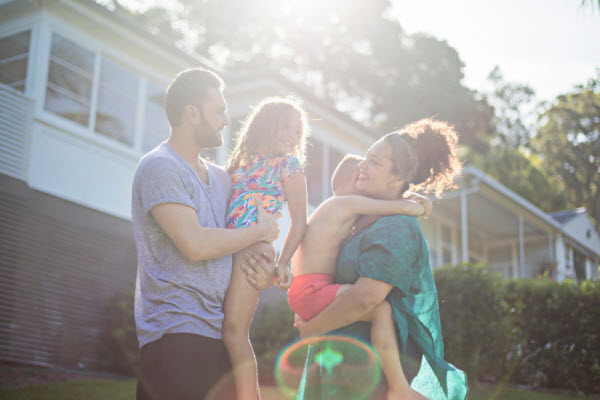
Magic moments:
Bree and Justin
With three adult children of their own, Bree and Justin felt like they had more to give as parents. Raising their own biological children was just the start. By becoming foster carers they committed to helping as many children as they could.
Read more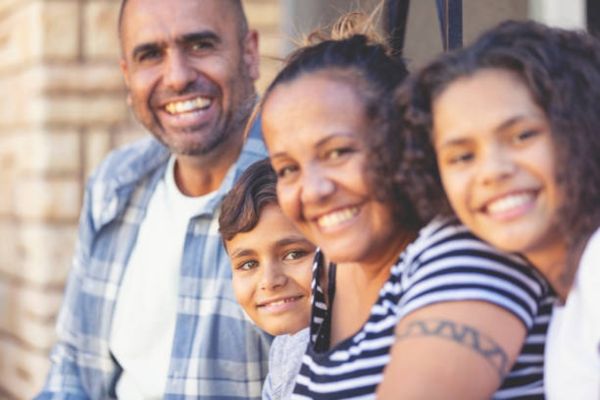
An extended family
Julie and Dean
Becoming foster carers had been on Julie and Dean’s mind for some time, but life had always got in the way. When they were in their 50s, they decided that it was the right time to open their home and provide a safe environment to kids who needed it.
Read more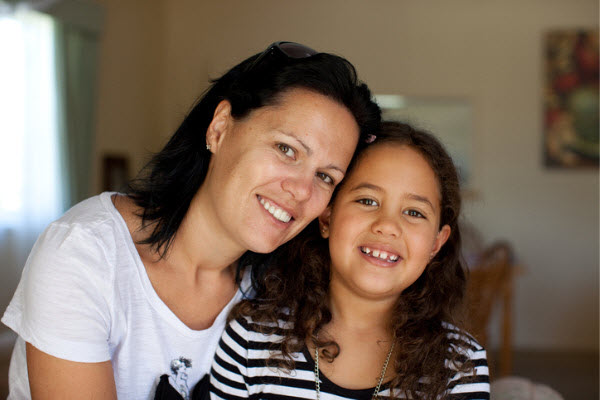
A carer by nature
Dianna
At a crossroads in her life, Dianna was deciding what to do next when her friend suggested she become a foster carer as she had always been such a wonderful mother. This simple conversation gave her the courage to become a foster carer.
Read moreSupported by




